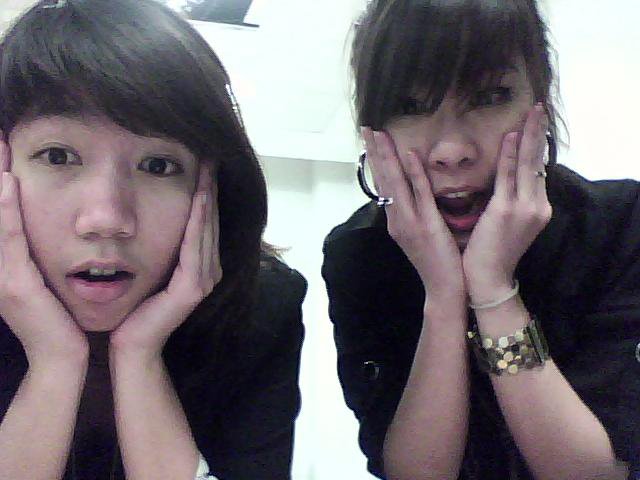I have had several enquiries with regard to the issue of what is called the “General Grounds for Refusal” or “ban” under part 9 of the Immigration Rules, particularly regarding the submission of incorrect documentation and non-disclosure of relevant information in visa applications.
Needless to say, when making any visa application, your aim should always be to answer the relevant questions in both an accurate and truthful manner. However, given the ever growing complexities of visa applications and the constant changes they undergo, the number of applicants having their applications refused are ever increasing. Messing things up could result in devastating consequences indeed.
New mandatory bans
Since April 2008, Part 9 of the Rules has seen the introduction of a new mandatory ban on entry clearance and further leave to remain applications where the Home Office believes that the applicant has attempted to mislead or deceive the immigration officer. Paragraph 320 (7A) specifically denounces two types of conduct:
“Where false representations have been made or false documents or information have been submitted (whether or not material to the application, and whether or not to the applicant’s knowledge), or material facts have not been disclosed, in relation to the application or in order to obtain documents from the Secretary of State or a third party required in support of the application”
Unfortunately, many people underestimate the complexities involved in UK visa applications and attempt to do it all by themselves. This may well prove the biggest mistake you could have made, when a few weeks down the line you are issued with a rejection letter under the abovementioned Paragraph either due to the provision of invalid documents or failing to disclose relevant information in your application.
Many times it might prove invaluable to instruct a knowledgeable immigration and human rights solicitor who can make sure that get your application right the first time around by explaining to you the exact supporting evidence required and which facts need and need not be disclosed in your application.
The Home Office suspects that my application falls under Paragraph 320 (7A); implications?
Why have I attempted to highlight the 320 rule? The answer is simple; the implications of falling under this provision will mean that not only shall your current application be refused automatically, but you will in fact be banned from making any new visa application to the UK for ten years under paragraph 320 (7B); yes, a whole decade!
Are there any exceptions at all?
The primary purpose of this article is not to give you the scare of your life! Rather, I wish to bring to your attention that should you be faced with such an unfortunate ban, all may not be lost. Speak to any experienced UK Immigration Lawyer and Human Rights Solicitor and you may get advised the following:
a) Applications under Family Visas
An individual wishing to make a visa application under Appendix FM of the Immigration Rules (which concerns visas for partners and families of British nationals and persons present and settled in the UK) will be glad to note that by virtue of Paragraph A320 of the Rules, the ten year ban on future visa applications will not apply to him.
a) Implications of Human Rights
In cases where your application does not fall under the exception explained above, you may find human rights law to be on your side. The Home Office is under a legal obligation to give due regard to an applicant’s human rights as contained in the European Convention on Human Rights when deciding his visa application. Of particular importance is Article 8 of the European Convention on Human Rights, which provides that:
”Everyone has the right to respect for his private and family life, his home and his correspondence”
In the case of Chikwamba (FC) (Appellant) v SSHD the court explicitly noted that the ten year ban rule would
“inevitably… have an impact on the future applications of the policy in article 8 family cases”.
Should you have been issued with such a ban, you could potentially be exempted from its effects in your future visa application on the basis of human rights. You will need to instruct an expert human rights solicitor who can assess your case and draft strong legal representations to go with your new application if this is the case, securing a successful outcome.
Similarly, should you have been issued with a rejection of your most visa recent visa application (due to the effects of the ten year ban) and you believe that you may potentially have a case for appealing the rejection of this visa on the basis of human rights, please seek advice from an experienced and knowledgeable immigration and human rights solicitor who can advise you on the merits of your case.
If you have an adverse immigration history and are looking to regularise you stay or apply for a new visa to come to the UK for you or your family, please contact Tito on phone 07544669131 or on Skype ( tito.mbariti) for a free initial consultation on your immigration matter.
Tito is a fully qualified UK Immigration lawyer and a UK Human Rights Solicitor working with a firm that is fully registered and regulated by the Law Society and Solicitor Regulations Authority.

